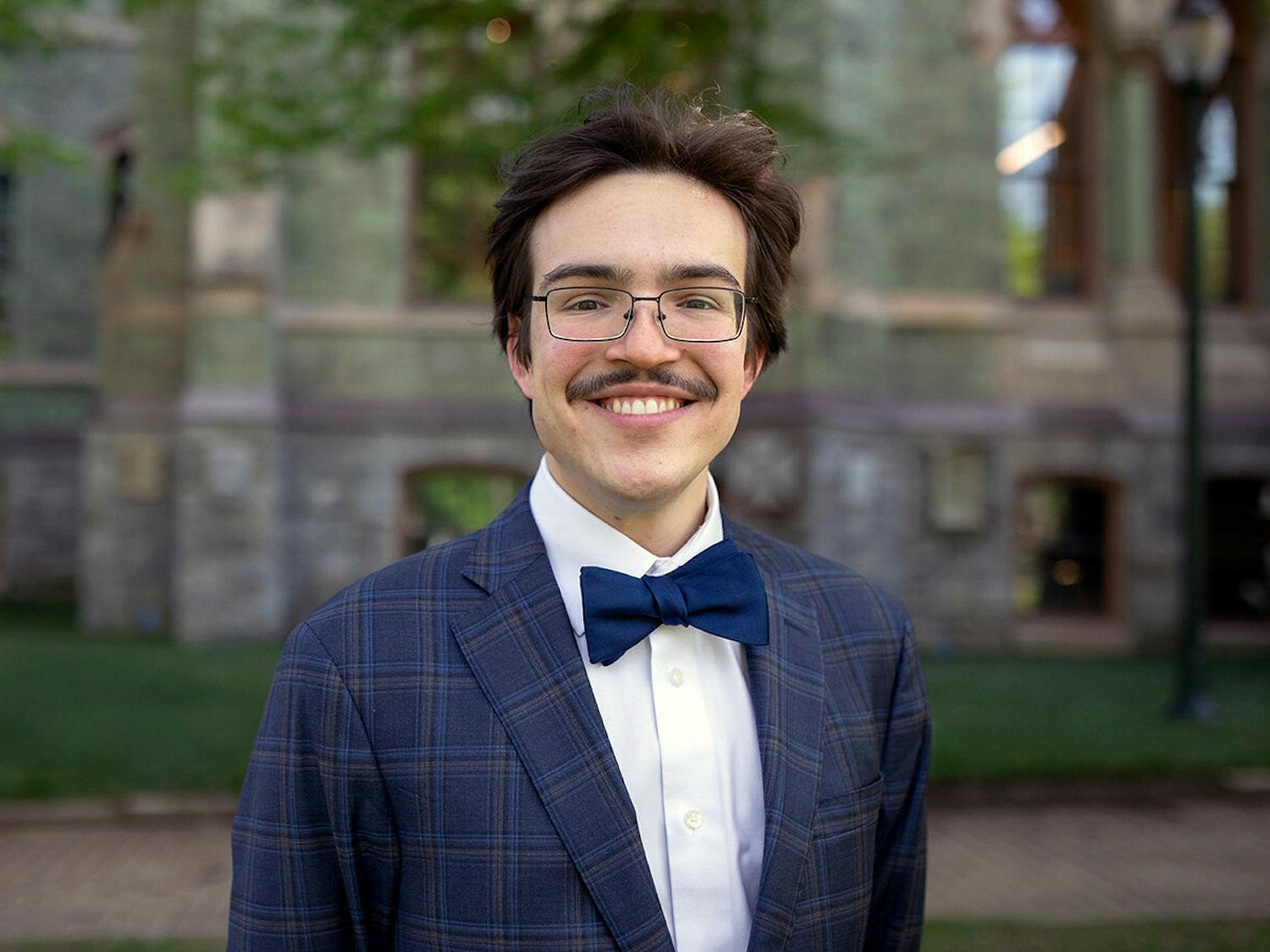“E at a cheeseburge r,” you say. If only you knew the fear and guilt I might feel if I obliged; a fear of gaining weight, of losing the thin-but-toned figure I’ve worked over a year to attain. It can be a constant, nagging stream of thoughts — I shouldn’t have eaten that, I’ll probably be bloated tomorrow, how many calories was in that? After the mental battle, I accept what I’ve just eaten and move on, reminding myself that one unhealthy meal won’t change the way I look.
I have never been diagnosed with an eating disorder, but as you can see, my relationship with food is anything but normal, and probably best characterized as “intense.” I love to cook and bake, spending my weekends and evenings challenging myself with ever more sophisticated recipes and adventurous ingredients. I love food, I just hate the effect it could have on my body — depositing fat where I don’t want it. Spend a day with me, and you might just see me as a girl who likes to eat healthy but has got a killer sweet tooth. Spend a week with me and you’ll start to pick up on my bordering-on-obsessive aversion to fatty, starchy foods. Red meat, cheese, potatoes, bread? Only on special occasions, please.
I never used to think my four-times-a-week gym schedule and refusal to eat fatty meals more than a couple times a week was unusual or unhealthy. Freshman year at Penn, I gained 15 pounds, and my new habits were just part of a healthy lifestyle helping me shed that weight. A year later and 35 pounds lighter, I struggled to shift from weight-loss to weight-maintenance. When I looked in the mirror, I still saw a version of my old self and still picked apart my “problem” areas, like my stomach. It took seeing a photo of me for the first time in months to realize just how drastically my body had changed — my arms now thin and lanky, my collarbone clearly visible from the neckline of a loose-fitting XS T-shirt. Shopping for new jeans was a pleasant surprise — I fit into a size 2?! — and a wake up call. Finally, I’d lost the weight. Finally, I’d achieved a new-and-improved version of me.
I recognize that I have an unhealthy body image, but it’s a difficult one to shake. I don’t weigh myself, but I do keep close track of my figure. I look in the mirror, inspecting my stomach to see if it looks like it’s protruding more than usual. I fixate on these perceived flaws, not every day, but enough to recognize that it takes a toll on me. Happily, there are many days when I look at myself and see someone beautiful, with a body that needs no changes. On those days when I feel incredibly guilty after eating a cheeseburger, though, I just wish I had someone with similar experiences to talk to. Someone who could empathize, not sympathize.
Perhaps selfishly, my hope for this piece was to create that dialogue I so crave on my darker days. I haven’t been able to find any student group to discuss these issues with at Penn, despite the prevalence of eating disorders on a campus filled with countless perfectionists like myself. I know that this is a personal issue that is incredibly difficult to divulge to others, but I hope it will incite more dialogue on this self-destructive disease that seems so stigmatized among people our age. Penn’s competitive environment discourages us from divulging our flaws, but acknowledging a quietly prevalent issue such as this is key to addressing the larger, oft-discussed mental health problems at our university.
Vera Kirillov is a Wharton junior studying marketing from Madison, Ala. Her email address is verak@wharton.upenn.edu.








